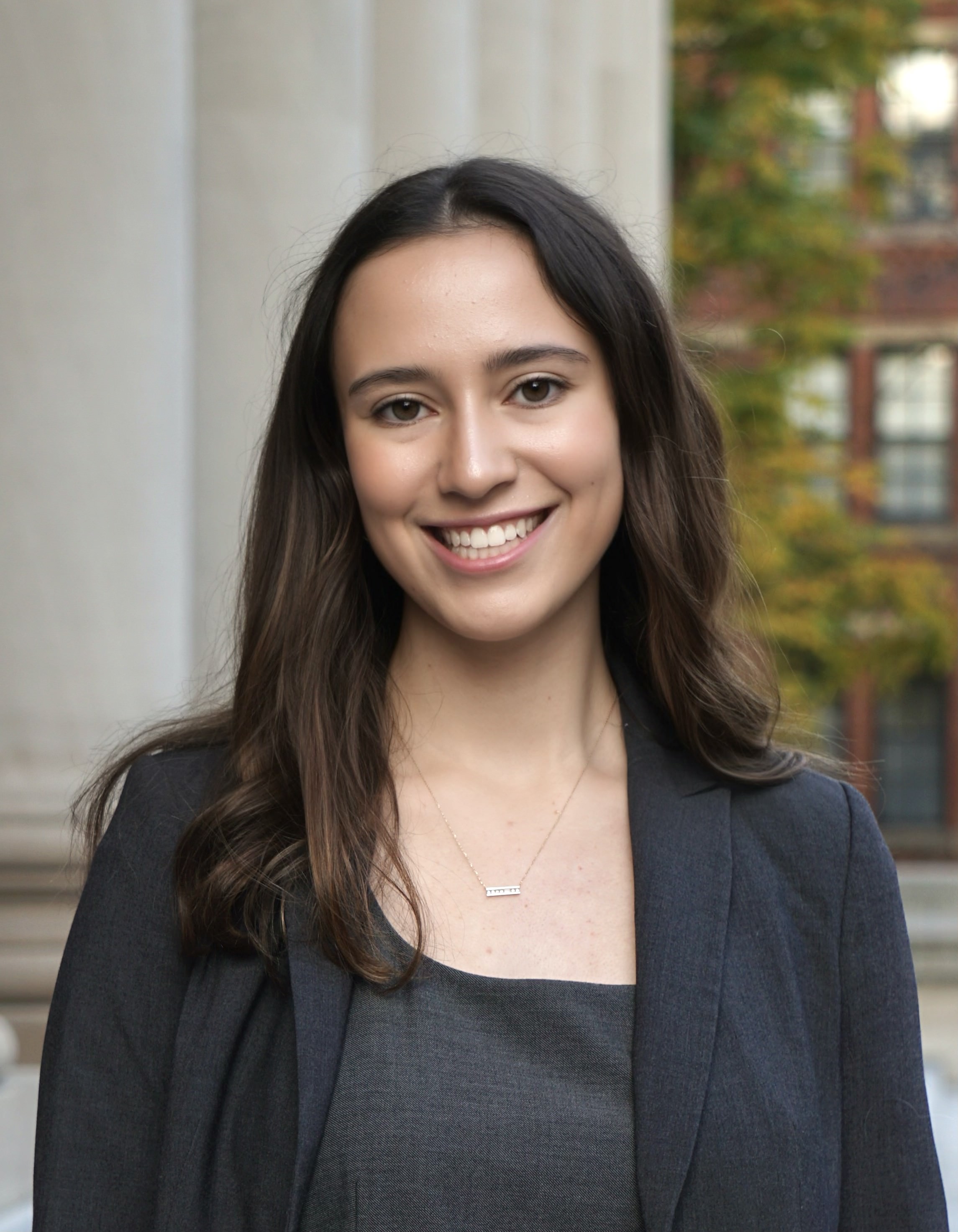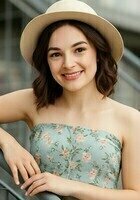Connect with hundreds of tutors like Amanda
Who needs tutoring?
FEATURED BY
TUTORS FROM
- YaleUniversity
- PrincetonUniversity
- StanfordUniversity
- CornellUniversity

Amanda
About Me
I received my Bachelor's Degree in Speech/Communications from St. Joseph's College in Brooklyn, NY, and am currently pursuing my Master's Degree in Teaching (English) for Middle Childhood/Adolescents at SUNY Empire State College. I believe that people learn best when in a caring, nurturing environment and do my best to ensure that they feel comfortable working with me. I believe learning can be fun and that everyone has the potential to achieve greatness! A large part of my teaching strategy is to learn my students interests, likes and dislikes and to work them into my lessons to maximize their level of understanding of the topic. Experience: Has worked in school/school related settings for 9 years. Certifications: Assistant Teacher (K-12), Working toward Transitional B Certification within Master's Program
Education & Certifications
Q&A with Amanda
Connect with a tutor like Amanda
Connect with a tutor like Amanda
Tutors with Similar Experience


